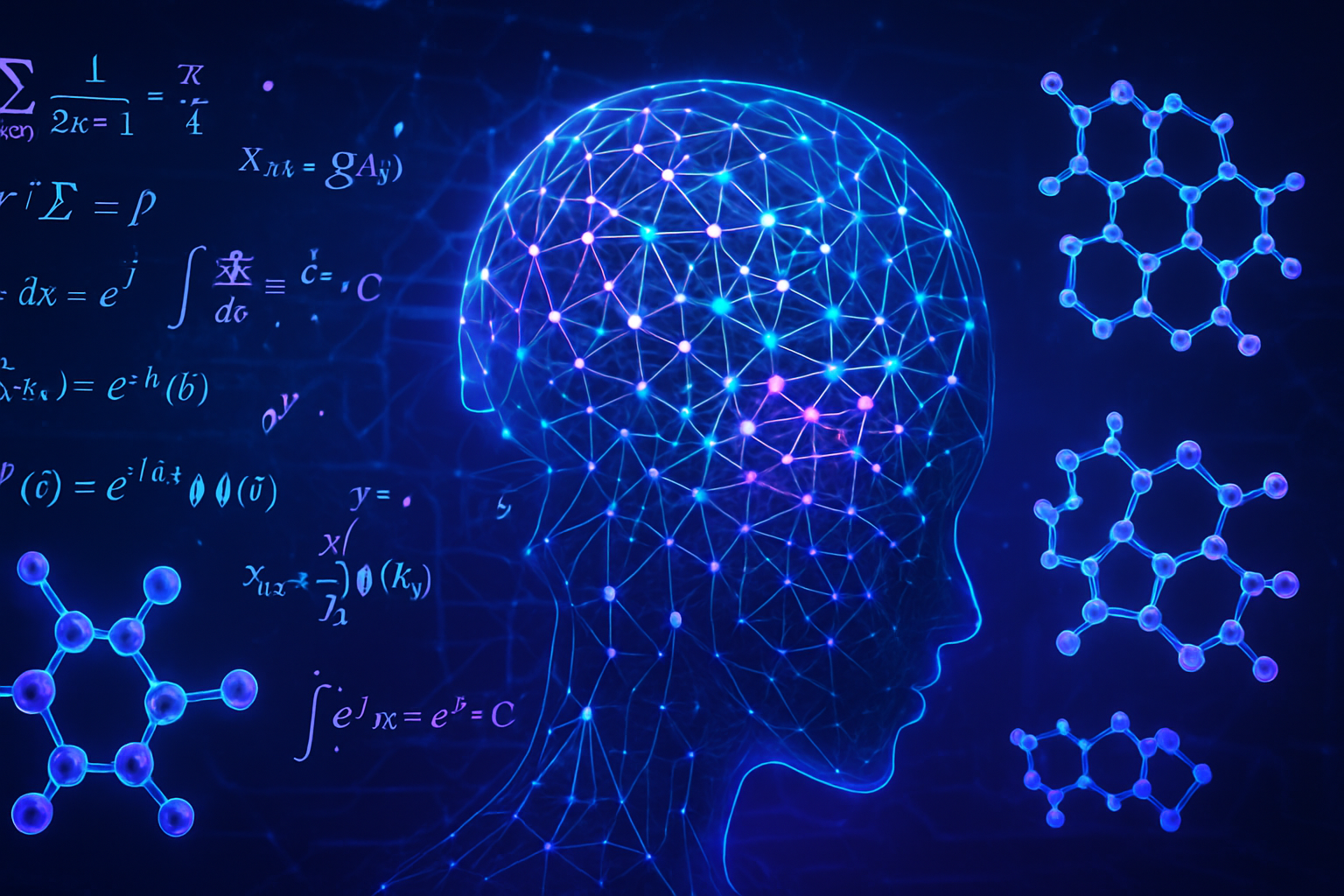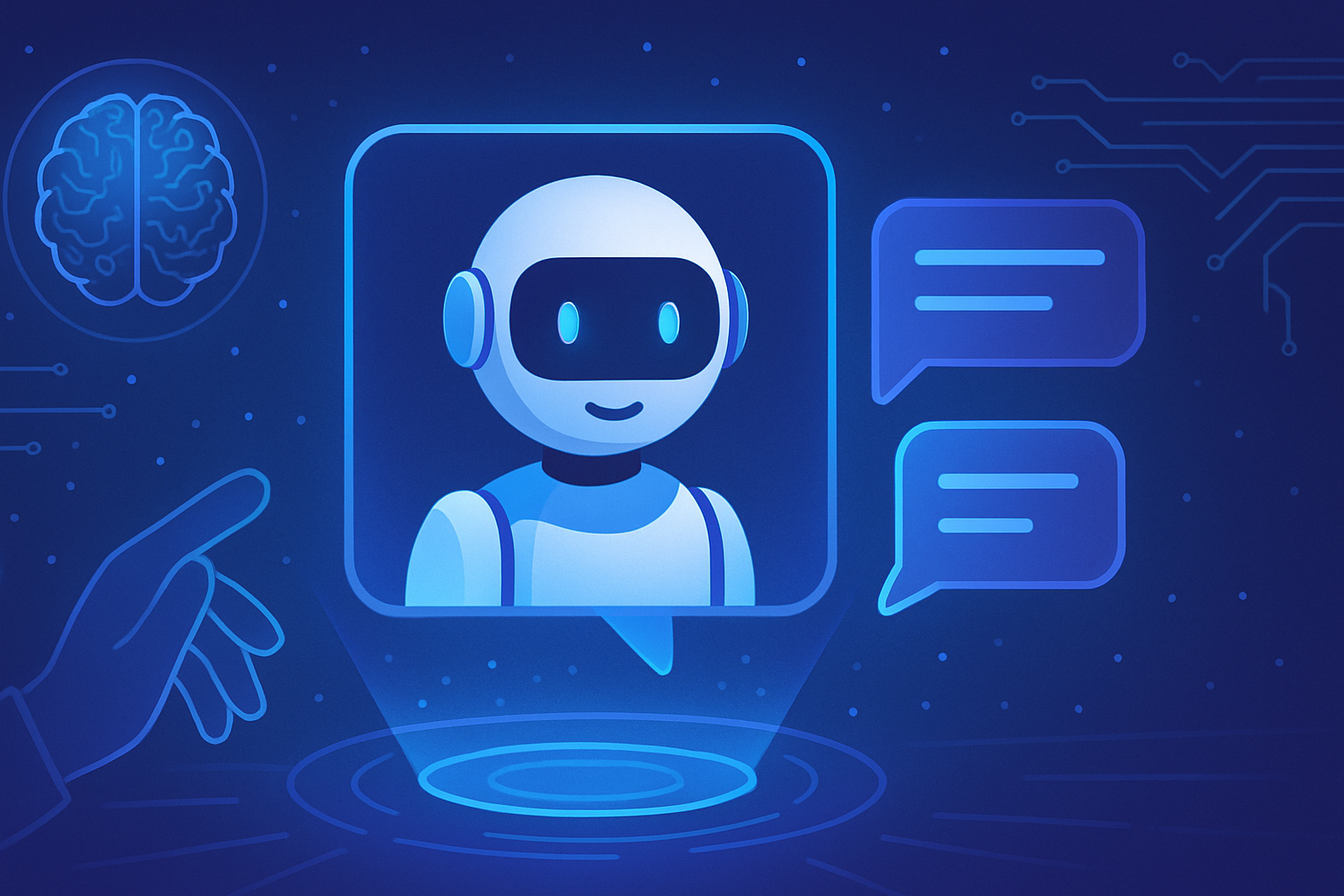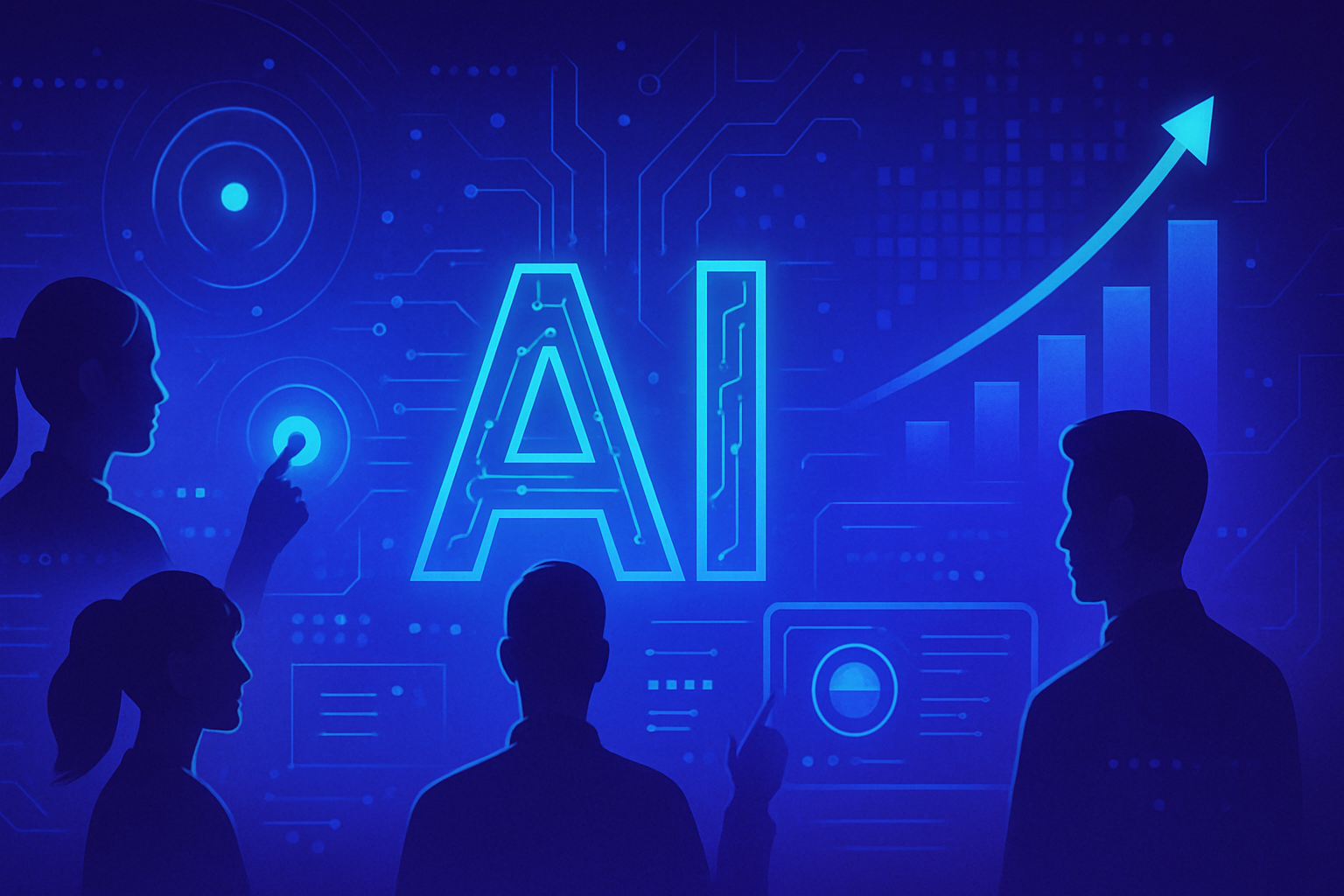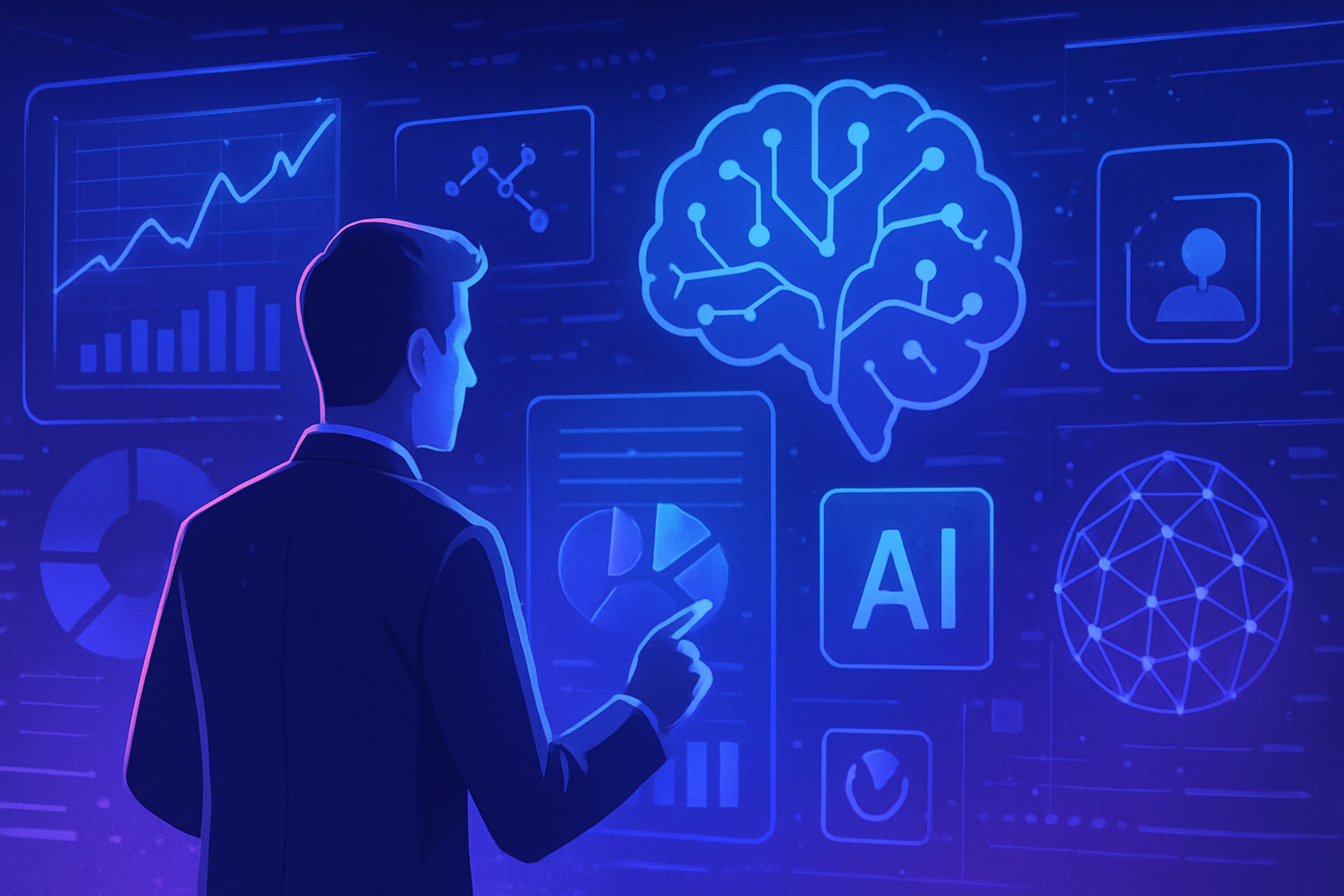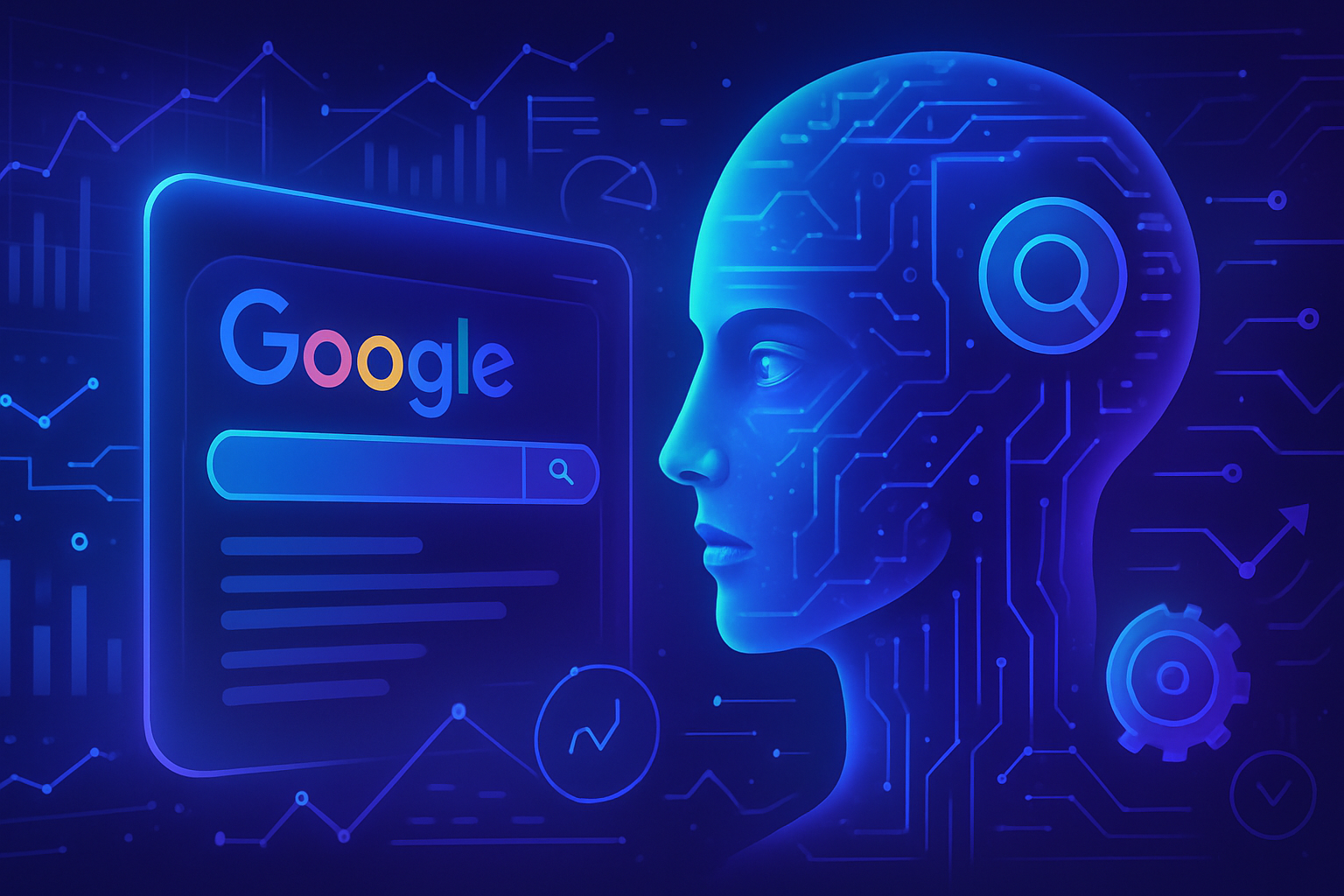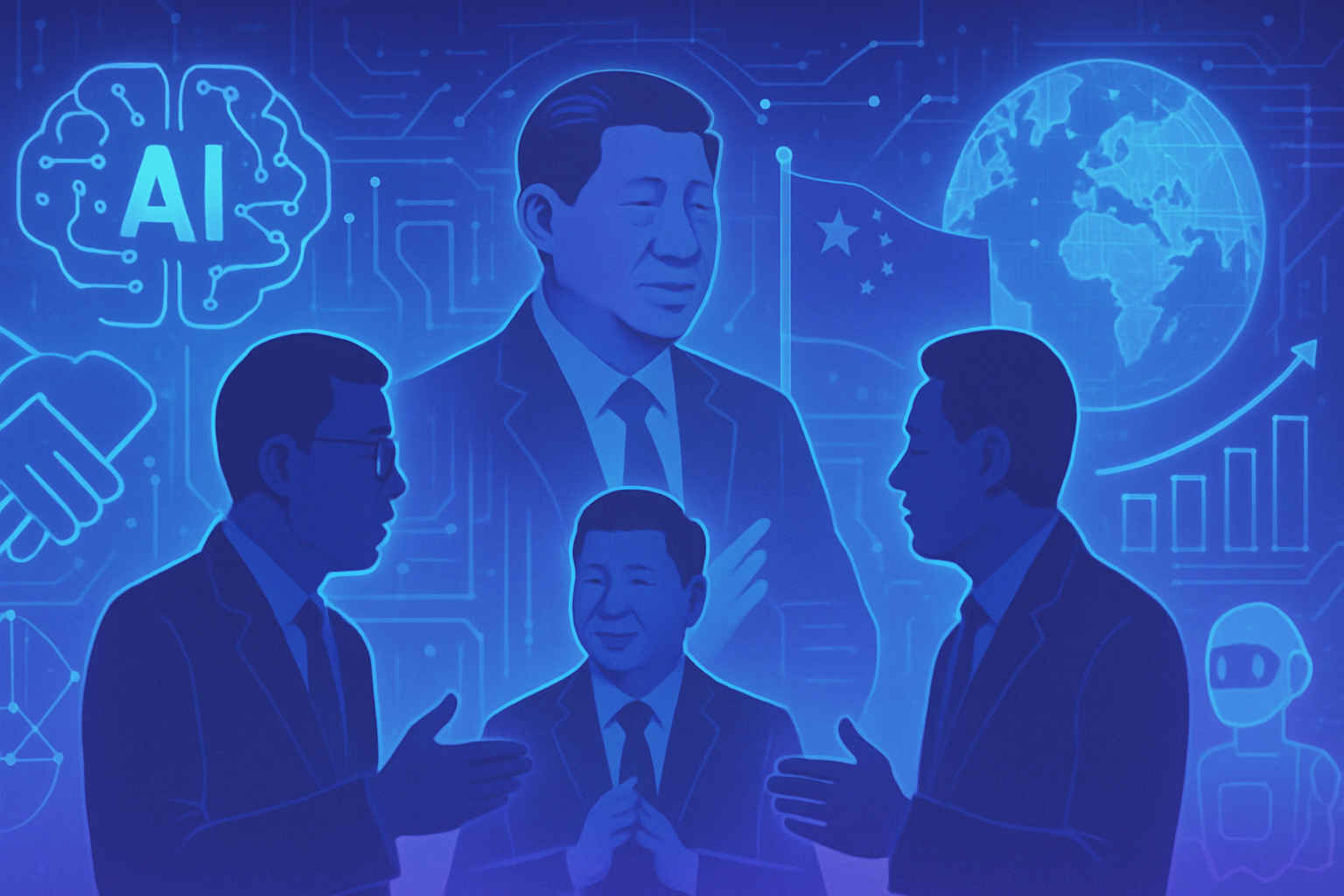Artificial intelligence emerges as an essential vector of innovation in solving complex equations. Every scientific advancement, particularly in the pharmaceutical field, owes its acceleration to these innovative technologies. The *differential equations* governing quantum and atomic systems still challenge human understanding.
AI deploys cutting-edge methods that decode previously unsolvable problems. Thanks to its integration, the processes of *drug discovery and material design* gain new momentum. The approach of AI radically transforms the scientific landscape, offering solutions that traditional methods struggle to grasp.
Artificial Intelligence and Complex Equations
Scientists at Texas A&M University, led by Dr. Shuiwang Ji, disrupt traditional methods in solving complex equations. Their use of artificial intelligence in scientific research offers a new dimension to improving the accuracy and speed of solutions.
The AI4Science Framework
Recently, a collective publication emerged in the journal *Foundations and Trends in Machine Learning*. This document comprises over 500 pages of analyses on the application of AI to science. It brings together more than 60 authors from 15 higher education institutions, thus demonstrating an unprecedented collective effort in the field of artificial intelligence applied to science.
The Impact on Scientific Research
Research conducted by Dr. Ji reveals that the application of AI to solve equations such as that of *Schrödinger* is revolutionizing various sectors like drug discovery, material design, and the development of advanced energy systems such as batteries. These applications concern not only researchers but also companies wishing to integrate these innovative techniques into their development processes.
Complexity of Quantum Systems
The reality of differential equations, such as those addressed by *Schrödinger*, shows exponential complexity as the number of particles increases. While analytical solutions remain feasible on a small scale, their application at the molecular and atomic level becomes unmanageable without AI.
An Innovative Approach
Researchers apply artificial intelligence models to efficiently analyze large-scale systems. AI not only reduces computation time but also mitigates errors that often compromise traditional methods. According to Dr. Ji, this discipline opens unexplored perspectives on the functioning of natural systems.
Interdisciplinary Collaboration
The RAISE program at Texas A&M comprises more than 85 faculty members, fostering interdisciplinary innovation. This initiative aims to strengthen links between AI and various scientific fields, making research more efficient and relevant to contemporary challenges.
Future Perspectives
As artificial intelligence takes a prominent place, the implications of this evolution attract interest from both researchers and industry. The challenges posed by autonomous programming, as highlighted by some studies, will require ongoing attention to pave the way for the future of the tech sector. The repercussions extend across the industry, redefining the way research and development are perceived.
Renowned companies, such as those listed in various specialized articles on artificial intelligence strategies, are working to overcome these obstacles. The battle for technological dominance is underway, with notable advancements likely in medical and energy hardware.
Questions and Answers Regarding Artificial Intelligence and Complex Equations
How does artificial intelligence help solve complex equations in the scientific field?
Artificial intelligence (AI) enables faster and more precise solutions to complex equations, such as those of Schrödinger, by effectively analyzing large-scale systems.
What are the benefits of using AI for drug discovery?
With AI, it is possible to accelerate the drug discovery process by testing millions of compounds in parallel, thereby reducing the time and costs associated with developing new treatments.
How does AI influence the design of new materials?
AI optimizes the design of new materials by simulating their properties and behaviors in a predictive manner, leading to faster and more efficient innovations.
What are the concrete applications of AI in engineering research?
AI is used in engineering research to design catalyst systems, improve battery performance, and optimize industrial processes, thereby increasing product efficiency and sustainability.
Why are differential equations difficult to solve without AI?
Differential equations quickly become complex as the number of particles studied increases, making their analytical resolution practically impossible for systems of useful size.
Can AI really replace traditional scientific research methods?
While AI does not replace traditional methods, it complements them by providing tools to handle massive data volumes and uncover trends invisible to the naked eye.
What types of systems can benefit from AI for modeling?
Quantum, atomic, and continuous systems can all benefit from AI, allowing for accurate and efficient modeling that would otherwise be impossible with conventional methods.
What is the role of researchers in integrating AI into science?
Researchers, like those at Texas A&M, explore new AI application methods in various scientific fields, thereby advancing research and creating interdisciplinary collaborations.
How does AI contribute to predicting material performance?
Through AI algorithms, it is possible to predict how a material will behave under different conditions, allowing anticipation of its performance even before its manufacturing.
What are the ethical concerns related to the use of AI in science?
Ethical concerns include the impact on employment, transparency of AI algorithms, and potential biases in the data that can influence research outcomes.
